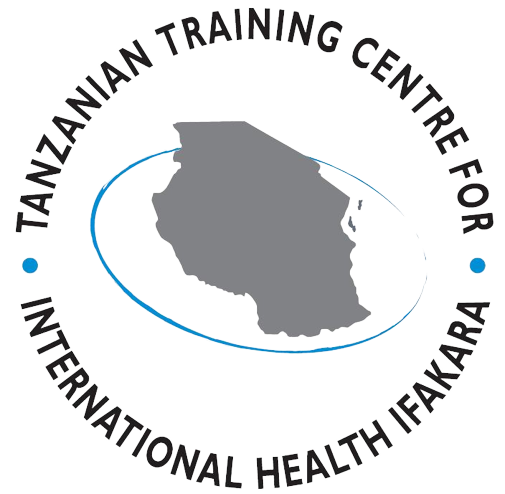The Higher Diploma in Clinical Medicine is a dynamic, flexible program designed to address the rapidly changing needs of society. Its key aim is to equip students with essential skills, knowledge, and professional behavior to effectively meet community and employer requirements. The program fosters self-realization and teamwork skills, nurturing graduates to become independent initiators and collaborative team players. It also builds the capacity for the interpretation and implementation of National Health Policy and its accompanying Operational Guidelines. Additionally, the program emphasizes the propagation and promotion of moral, legal, and ethical conduct among health workers, adhering strictly to the national legal framework. Lastly, the program strengthens students’ ability to utilize health-related data in making informed decisions on daily practices.

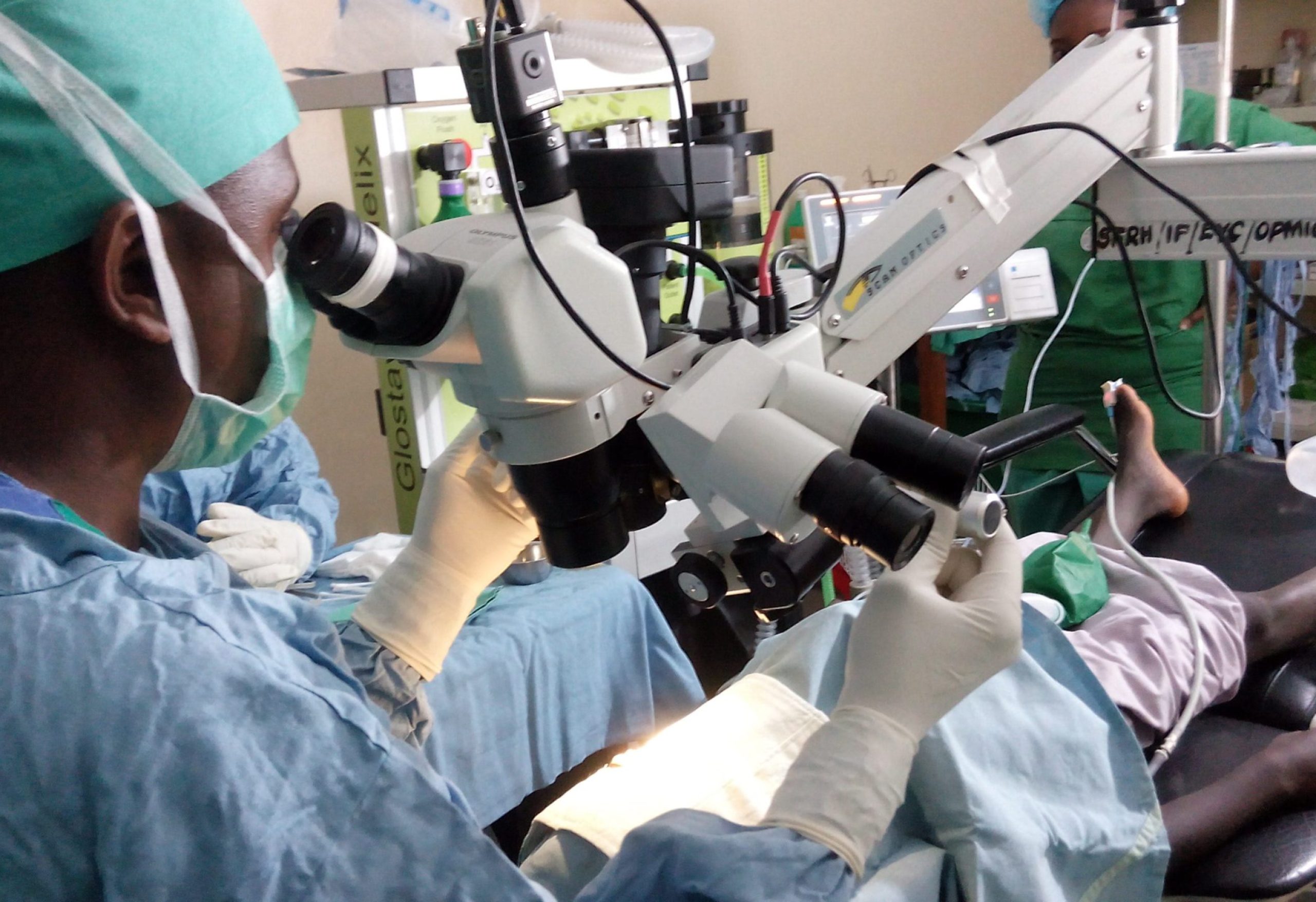
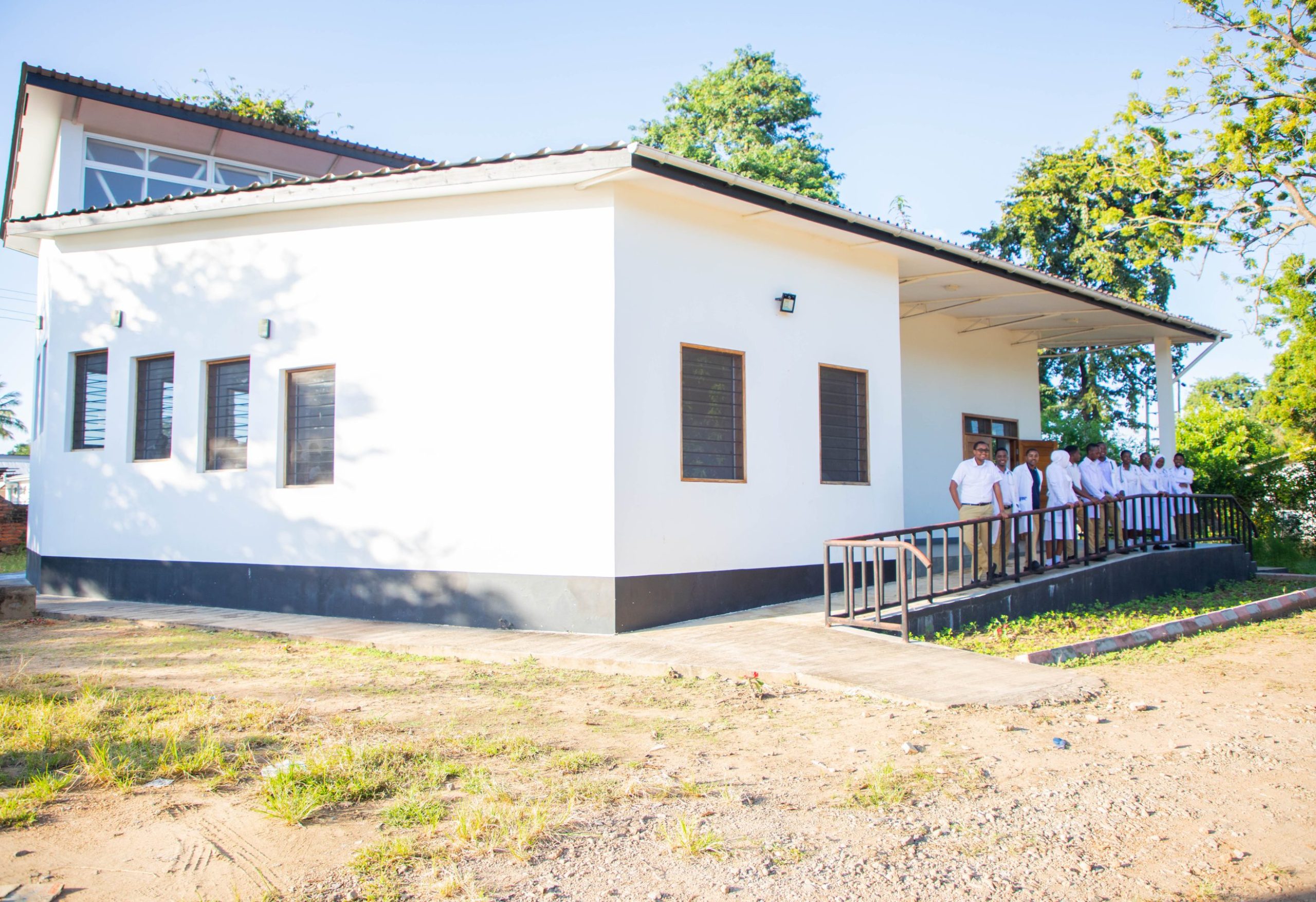
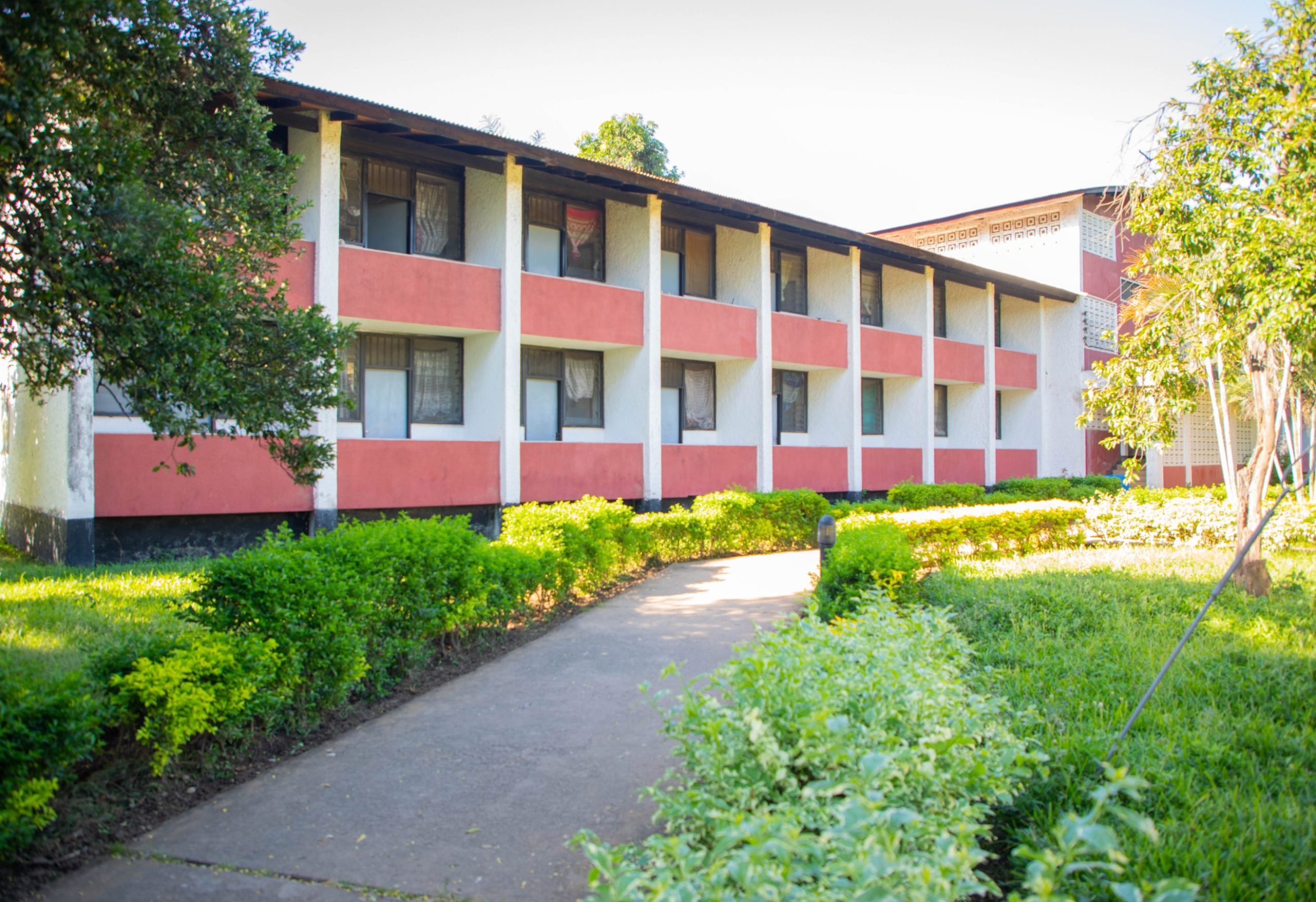
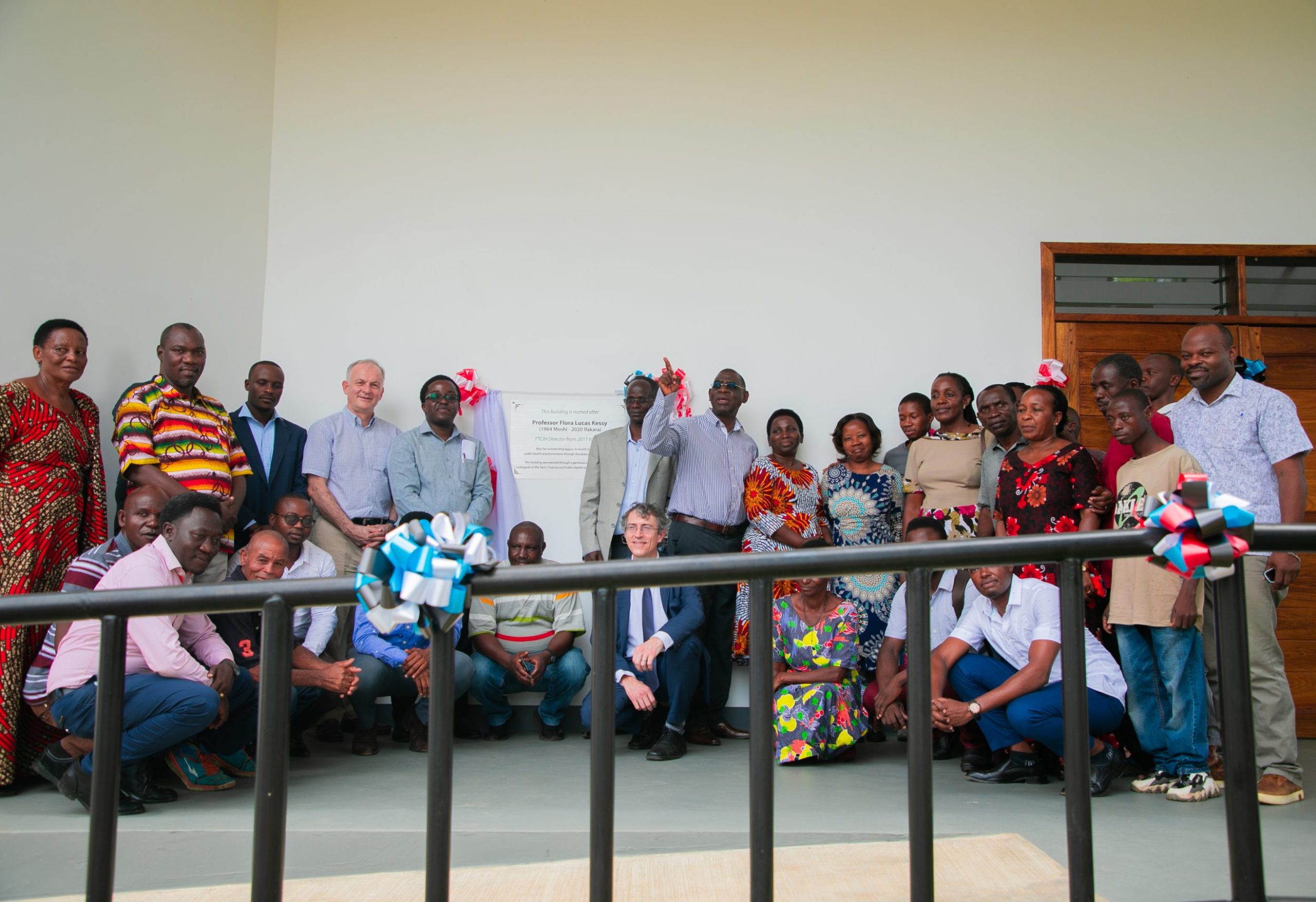

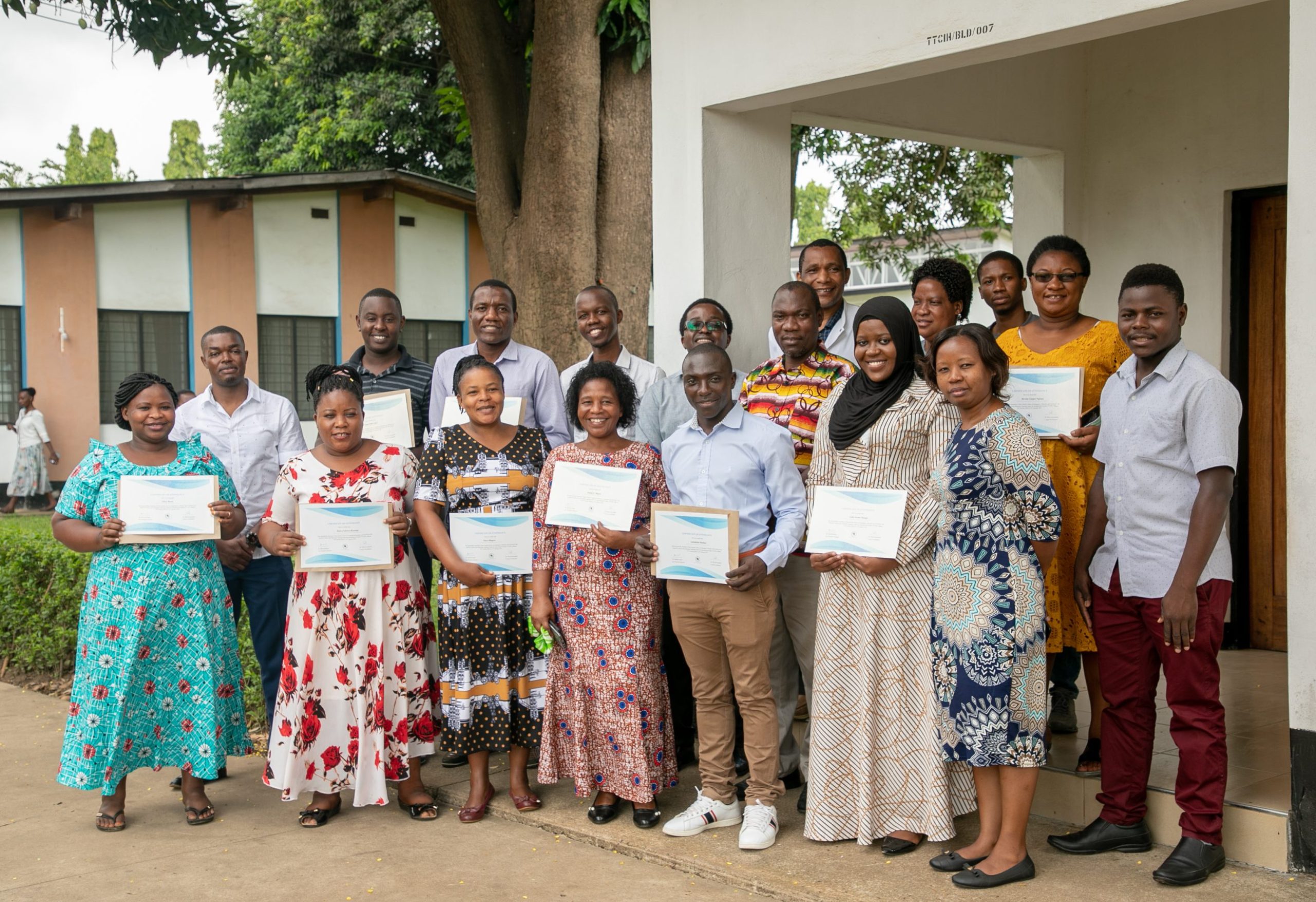
| Course Name: | Description |
|---|---|
| Course Level | NTA Level 7 |
| Mode of Study | Full Time |
| Durations | 2 Years (4 Semesters) |
| Entry Qualifications | Ordinary Diploma (NTA Level 6) in Clinical Medicine or Diploma in Clinical Medicine (Non-NTA Level 6), both with a minimum GPA of 2.7, and a minimum working experience in the same field of two years. |
| Course Fee | Local Fee: |
| Applications | All applications are ONLINE. Click Here to Apply. |
Why Study Higher Diploma in Clinical Medicine
Studying a Higher Diploma in Clinical Medicine presents an opportunity to become a competent Assistant Medical Officer (AMO) with the potential to bring significant impact to community health. This program emphasizes leadership skills, preparing students to design and implement preventative and curative health interventions. The curriculum provides robust training in essential surgical skills and prepares clinicians to manage both emergency and non-emergency conditions effectively. Furthermore, it cultivates a culture of lifelong learning and evidence-based practice, essential for continuous professional development and optimal patient care. Ultimately, the program equips graduates with the skills to develop preventative and promotive health services within their communities, contributing to overall public health improvements.
Entry Qualifications
- Ordinary Diploma (NTA Level 6) in Clinical Medicine or Diploma in Clinical Medicine (Non-NTA Level 6), both with a minimum GPA of 2.7, and a minimum working experience in the same field of two years.
